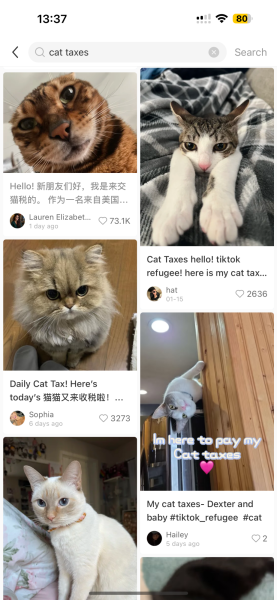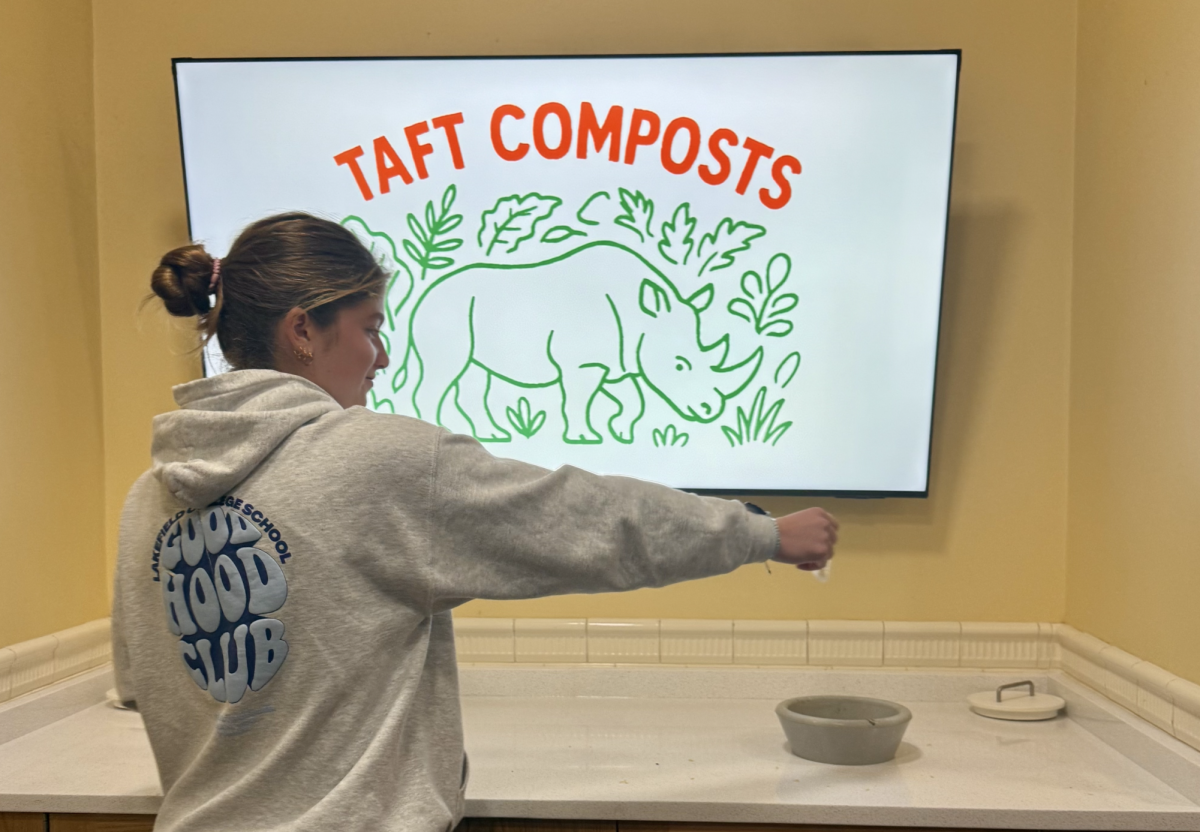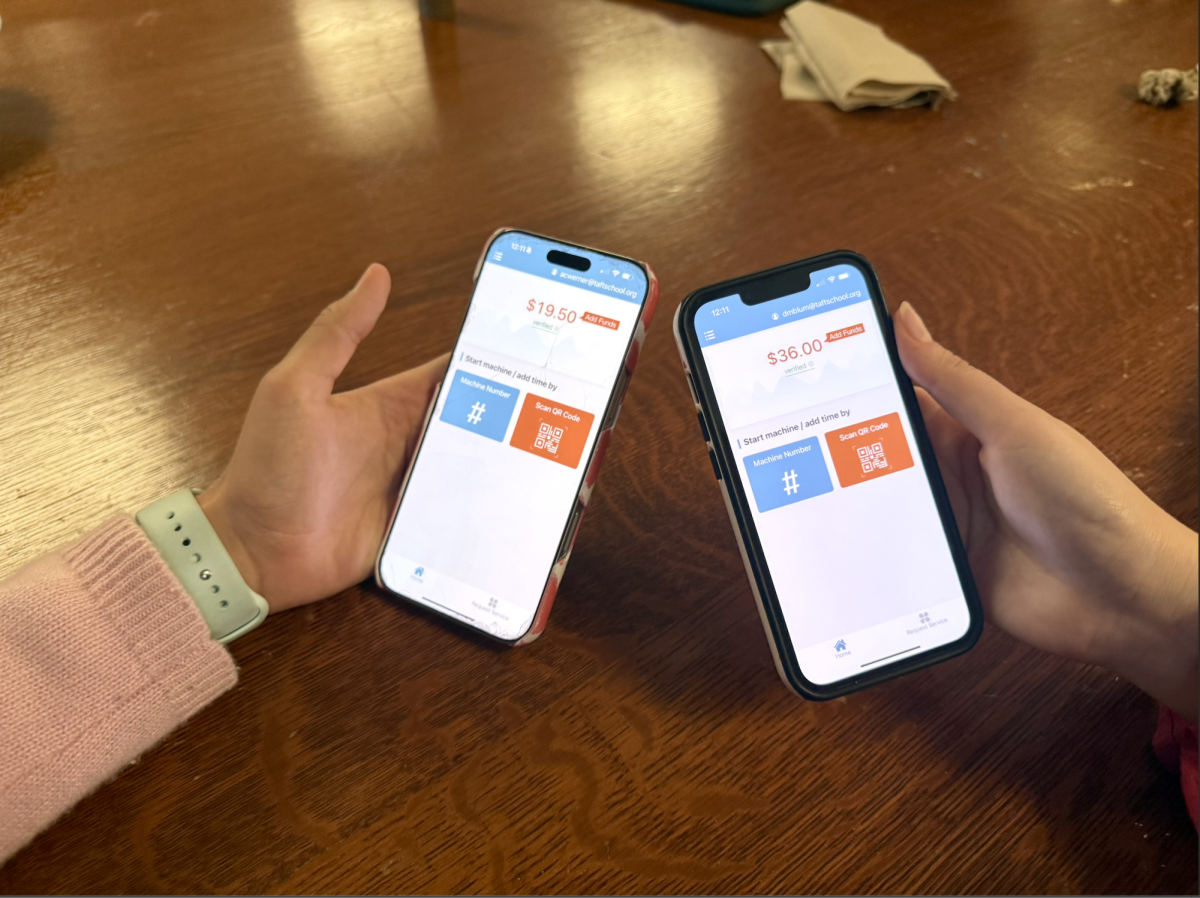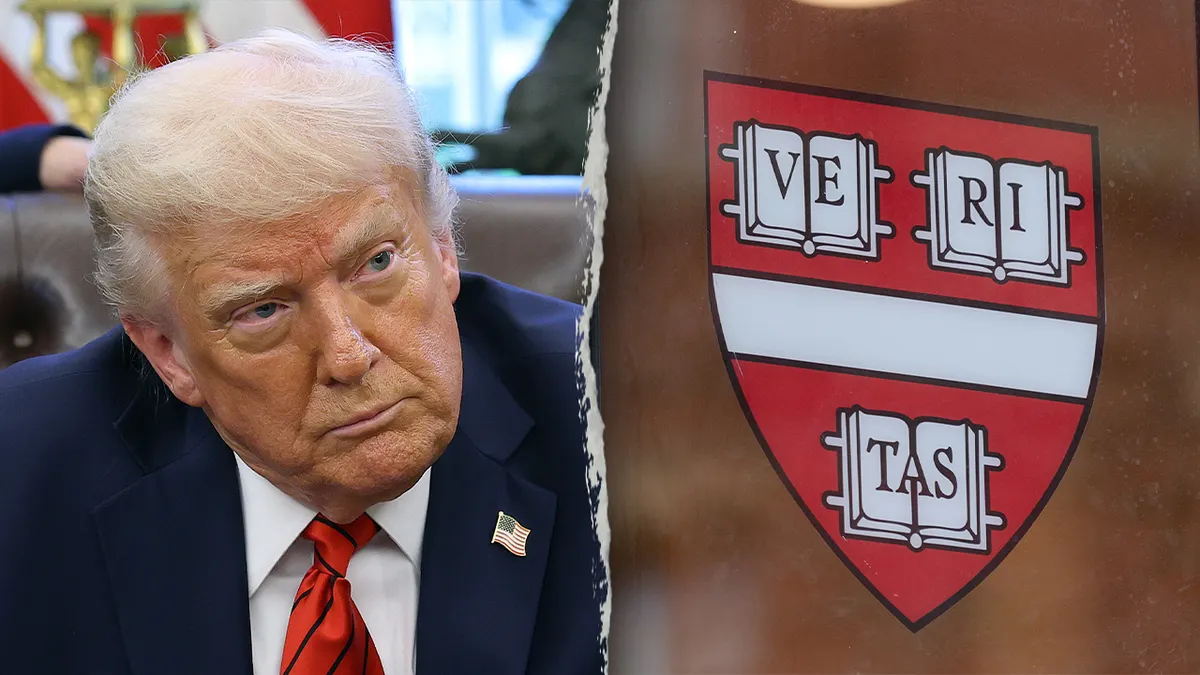On January 18, 2025, TikTok voluntarily ceased its U.S. operations, affecting approximately 170 million users. This action was in response to a 2024 bipartisan law mandating that ByteDance, TikTok’s Chinese parent company, divest its U.S. operations by January 19, 2025, due to national security concerns. Lawmakers feared the Chinese government could access American user data and influence public opinion through the app.
Despite a last-minute legal challenge being rejected by the Supreme Court, TikTok’s shutdown was short-lived. On January 19, 2025, the company announced it was restoring its services in the U.S. President Trump indicated plans to issue an executive order extending the enforcement deadline for 75 days to facilitate a deal, potentially involving new stakeholders. Although TikTok’s services have been restored, the app is currently unavailable for download from the U.S. App Store.
In the interim, many American users have started migrating to REDNote (Xiaohongshu, 小红书, RED), a Chinese social media and e-commerce platform. The platform quickly surged to the top of the U.S. App Store rankings. Founded in 2013 as an online shopping guide, REDNote has evolved into a lifestyle platform. Unlike TikTok, which focuses on short-form viral videos and entertainment trends like dance challenges and memes, REDNote combines videos and long-form posts with detailed text, offering a more informational community centered on lifestyle, product reviews, and personal experiences. REDNote primarily operates in Chinese and was originally designed for Chinese-speaking users. According to some experts, REDNote has raised national security concerns similar to, and potentially greater than, those associated with TikTok. Unlike TikTok, which stores user data outside of China, REDNote stores its data within China, raising concerns about potential access by the Chinese government. As REDNote gains popularity in the U.S., it may face increased scrutiny from policymakers evaluating the risks posed by foreign-owned tech companies.
Currently, REDNote is witnessing an unprecedented phenomenon of cultural hybridization between American and Chinese users. Chinese users have warmly welcomed the influx of American “TikTok refugees” by creating video guides explaining how the app works and teaching them basic etiquette and Chinese slang. They also jokingly collect “Cat Taxes” and “Dog Taxes,” asking American users to share pet photos as a friendly gesture.
At the same time, a debate on REDNote about language use has emerged. Across many memes, some American users have put forward the theme of “invading” or “colonizing” REDNote, aiming to turn it into TikTok. Since REDNote is a Chinese platform, some users have suggested that American newcomers make an effort to use Mandarin—even if it means relying on translation tools—when posting or commenting. Given that Chinese users have warmly welcomed Americans, many argue that using Mandarin in return is a simple yet meaningful gesture of mutual respect. To adapt to the needs of both sides, some users suggest that Americans include both English and Chinese versions of their words when posting, ensuring that the platform remains inclusive and accessible to everyone.
In fact, many Chinese content creators have added bilingual subtitles to their videos, making their content more accessible to newcomers. In the comment sections, Americans and Chinese users are enthusiastically exchanging memes and attempting conversations in both languages. Duolingo has even reported a 216% surge in American users learning Mandarin following the migration from TikTok to REDNote, while REDNote soon developed a built-in translation function.
Beyond casual interactions, the platform has become a space for artists, musicians, and communities to connect: American and Chinese artists share their paintings; singers introduce to each other new music; Texas cowboys and Inner Mongolian cowboys admire each others’ horses and ranches; and Native American tribes and Chinese ethnic groups celebrate each other’s traditions and clothing. Many users from both the U.S. and China have shared how deeply moved they are by this exchange. For most ordinary people in both countries, direct interactions like this have been nearly impossible until now. The ability to communicate so easily marks a historic moment, one where misunderstandings that once seemed inevitable begin to fade, making room for curiosity and connection.
While TikTok’s services are restored in the U.S., no one knows how long this phenomenon on REDNote will last. This moment may be nothing more than a blossom that soon fades—but the fleeting nature of a flower doesn’t make its bloom any less brilliant. Even if this atmosphere on REDNote eventually changes, it doesn’t erase the warmth and joy that has been shared here.





























